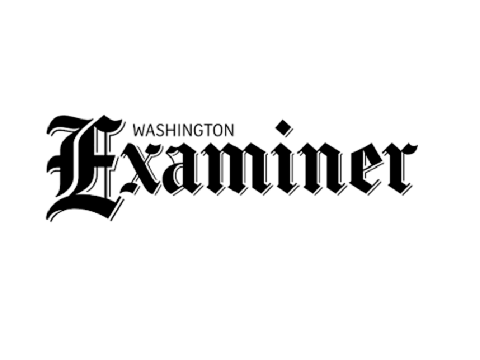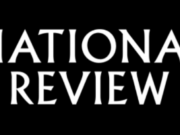This piece originally appeared in the Washington Examiner on March 26, 2020.
What if the federal government dictated how much of your money you could give toward the advocacy efforts you care about most? Not only would this violate your personal liberty, it would also harm the organizations you choose to support. But, prior to the case SpeechNow.org v. Federal Election Commission, decided 10 years ago on March 26, our government enforced limits on what people could contribute toward advocacy at the heart of liberal democracy.
The SpeechNow ruling removed limits on giving to groups advocating for the election or defeat of candidates for federal office. This restoration of basic constitutional rights is an anniversary worth celebrating.
Pooling resources to raise awareness, change minds, or rally action has a rich tradition in our country. Americans generously donate to causes such as breast cancer awareness and wildlife conservation. Philanthropic foundations fund documentaries on climate change, sexual assault, or other issues.
The most important social and political movements in our history, from women’s suffrage to civil rights to marriage equality, all relied in part on the support of donors and foundations. Activists used that support to publish their own papers, distribute pamphlets, buy ads, and produce films. Having the resources necessary to counter mainstream views was essential to their success.
If Congress passed a law limiting what supporters could give, that law would violate the First Amendment. Placing limits on the resources necessary to speak, assemble, and publish limits the exercise of those rights.
In 1974, Congress imposed limits on the resources used to speak about an issue that affects everyone: who holds power in the federal government. The law limited the public, both as individuals and in groups, to spending no more than $1,000 on speech relative to any federal candidate. Two years later, in Buckley v. Valeo, the Supreme Court struck down the spending limits. But this was only a half-measure. The court left in place limits on what members and supporters could contribute to groups that speak out in support or opposition to candidates. A group can only spend as much money as it takes in. So, the law still limited groups’ ability to speak.
Because Buckley removed all spending limits, wealthy individuals could spend as much as they like advocating, on their own, the election or defeat of candidates. Candidates could spend as much as they want on their own election campaigns. But if two or more people formed a group to voice support or opposition to candidates, they were limited in how much they each could give and how much they could accept from others.
In SpeechNow, the D.C. Circuit Court of Appeals struck down this limit on speech. Represented jointly by the Institute for Free Speech (then known as the Center for Competitive Politics) and the Institute for Justice, a group of plaintiffs successfully challenged contribution limits for independent groups. The independent expenditure-only committees legalized by the court’s unanimous decision are now commonly known as super PACs.
Unlike traditional PACs, super PACs are barred from giving money to candidates or parties and may not coordinate communications with these entities. Super PACs must publicly disclose their donors and spending to the Federal Election Commission.
The creation of super PACs allowed people to join together and offer their views in competition with the media, parties, and candidates themselves. Super PACs have enabled more speech about elections from a wider array of voices. This has resulted in voters hearing more perspectives on candidates.
Despite the benefits of free speech, some politicians want to end these freedoms with a constitutional amendment.
Last July, every Democrat in the Senate co-sponsored a constitutional amendment that would completely eliminate the First Amendment rights upheld by Buckley, SpeechNow, and other court decisions. The proposed amendment grants Congress nearly unlimited power to regulate and limit speech about the lawmakers themselves.
In their view, without limits set by government, groups may have an “outsized voice in our government.” But do we want members of Congress, who have clear incentives for limiting competing voices, deciding how much we get to speak and when?
Unfettered political speech is foundational to a free and democratic society. Limiting speech about those vying for power does not strengthen democracy. It undermines it.
The primary result of SpeechNow has been more speech about candidates and elections. The decision not only restored First Amendment rights, it breathed new life into our democracy.














